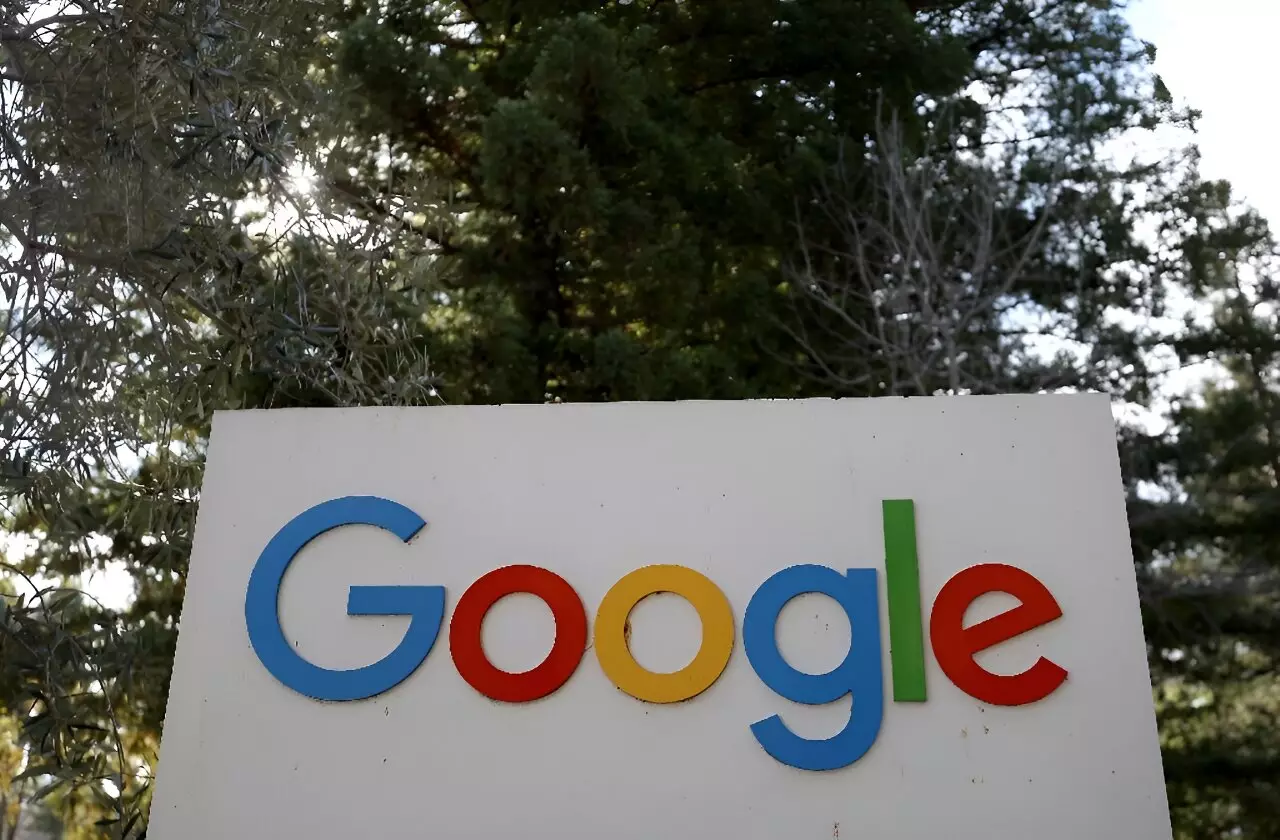Google has recently announced that it is conducting a test to remove links to California news sites for certain users in the western United States. This decision comes in response to the potential passage of the California Journalism Preservation Act (CJPA), which aims to implement a “link tax” for connecting users in the state to news articles. Jaffer Zaidi, Google’s Global News Partnerships vice president, expressed concerns about the financial implications of the CJPA and the uncertainty it could create for businesses. If the act is enacted in its current form, it could have a significant impact on how Google operates in California.
The issue of tech companies compensating news outlets for displaying their content is not unique to California. In Australia, Facebook temporarily blocked news articles on its platform in response to a similar law, before reaching agreements with publishers to provide compensation. Similarly, in France, Google entered into an agreement with publishers and press agencies to display news content on its platform. Recently, Google signed a $100 million agreement with Canadian media companies to compensate them for lost advertising revenues. These examples demonstrate the global nature of the debate surrounding tech platforms and news content.
As Google navigates the potential implications of the CJPA, the company is taking proactive measures to understand the impact on its platform. Google is testing the removal of links to news websites that could be affected by the proposed law to assess the consequences. Zaidi highlighted that only a small percentage of Google search queries are news-related, as users increasingly rely on alternative sources such as video, newsletters, podcasts, and social media for news consumption. Additionally, Google has decided to pause investments in the California news ecosystem until the regulatory landscape becomes clearer.
Zaidi emphasized the importance of collaboration between the California government and private companies to ensure a healthy news industry in the state. While the CJPA aims to address the issue of tech companies benefiting from news content without adequate compensation, it also raises questions about the sustainability of traditional news outlets. As the news consumption landscape continues to evolve, finding a balance between supporting journalism and technological innovation will be crucial for the future of the news industry.
Google’s response to the California Journalism Preservation Act underscores the complexities of regulating tech platforms in the news ecosystem. The actions taken by Google in response to the CJPA reflect a broader debate about the role of tech companies in supporting journalism and the need for sustainable business models for news outlets in the digital age. As the regulatory landscape evolves, the relationship between tech platforms, news publishers, and legislators will continue to shape the future of the news industry.


Leave a Reply
You must be logged in to post a comment.